With bilateral and bicameral support, the creation of a private cause of action for the misappropriation of trade secrets has seemed inevitable for some time. President Obama signed the bill into law on May 11, 2016. In previous posts, we have reported on several aspects of the new law and reported several differences between the House and Senate versions. Here we clarify which of the different provisions was enacted and outline what we believe are the key points of the new law:
- Definition: The trade secret must be “related to a product or service used in, or intended for use in, interstate or foreign commerce.”
- Ex Parte Applications: The DTSA allows a private party to file an “ex parte application . . . for the seizure of property necessary to prevent the propagation or dissemination of the trade secret that is the subject of the action” but only in “extraordinary circumstances.” The Court must find that a Rule 65 injunction would be inadequate to prevent dissemination of the secret.
- Remedies: In addition to possible civil seizure, remedies in a civil action under the DTSA include:
- injunctive relief
- “damages for actual loss caused by the misappropriation of the trade secret”
- “damages for any unjust enrichment caused by the misappropriation of the trade secret that is not addressed in computing damages for actual loss;” or
- “damages caused by the misappropriation measured by imposition of liability for a reasonable royalty for the misappropriator’s unauthorized disclosure or use of the trade secret.”
- Exemplary Damages: Exemplary damages are available in an amount no more than 2 times actual damages awarded if if the trade secret is willfully and maliciously misappropriated.
- Attorneys’ Fees: The prevailing party may recover attorneys’ fees if the claim of misappropriation is made in bad faith, a motion to terminate an injunction is made or opposed in bad faith, or the trade secret was willfully and maliciously misappropriated.
- Timeline: The action must be brought within 3 years of the “date on which the misappropriation with respect to which the action would relate is discovered or by the exercise of reasonable diligence should have been discovered. For purposes of this subsection, a continuing misappropriation constitutes a single claim of misappropriation.”
- Claims: The various means of showing misappropriation all include a requirement that the claimant show that the defendant knew or had reason to know that the trade secret was acquired by improper means.
- Individual Immunity: Individuals cannot be held criminally or civilly liable for disclosure of a trade secret to a government official or to an attorney when the sole purpose of the disclosure is to report a suspected violation of law. Individuals are also immune for disclosures made in a civil complaint if the complaint is filed under seal.
- Employer Recovery: Employers are not entitled to recover exemplary damages or attorneys’ fees under the DTSA unless they provide notice of the individual’s immunity for disclosure for the purpose of investigating a violation of law in any contract or agreement with the employee.
As previously reported, the DTSA of 2016 is not intended to preempt State protections for trade secrets.



